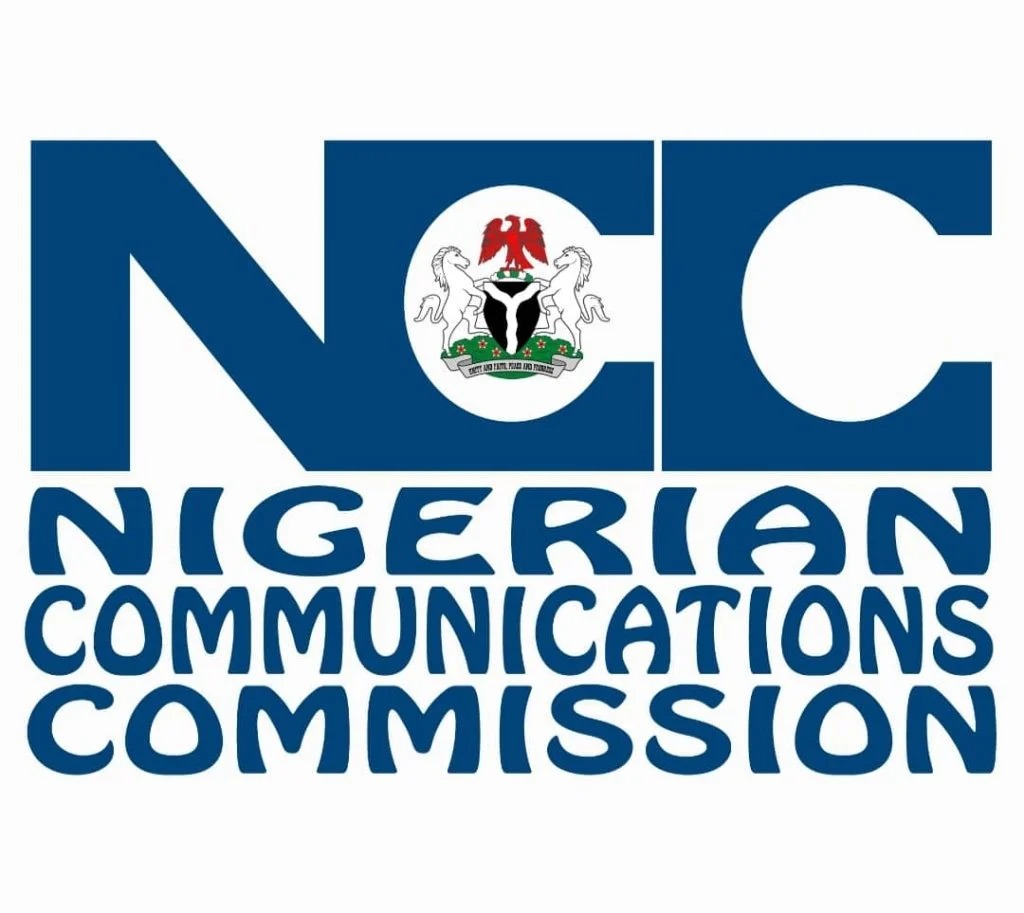As the deadline approaches for achieving 70% national coverage for broadband penetration by the year 2025, the Nigerian Communications Commission (NCC) has made significant strides in advancing its ambitious agenda to transform the country’s digital landscape.
The journey towards this milestone has been marked by concerted efforts to bridge the digital divide and unleash the transformative power of connectivity across critical sectors of the economy.
In the realm of healthcare, the impact of increased broadband penetration is already being felt. Telemedicine initiatives have been rolled out in collaboration with healthcare providers and telecommunications companies, enabling remote consultations, diagnosis, and treatment for patients in underserved areas. Digital health record systems are being implemented to improve data management and facilitate more efficient healthcare delivery, laying the foundation for a more resilient and accessible healthcare system.
The education sector has also witnessed remarkable progress as a result of enhanced broadband connectivity. The NCC, in partnership with educational institutions and technology firms, has launched initiatives to expand access to digital learning resources and platforms. Virtual classrooms, online tutorials, and interactive educational content are now accessible to students across the country, leveling the playing field and fostering a culture of lifelong learning.
In agriculture, broadband technology is revolutionizing traditional farming practices and empowering rural communities. Through collaborations with agricultural extension services and agribusiness stakeholders, the NCC has facilitated the adoption of precision agriculture techniques and digital farming tools. Farmers are now able to access real-time information on weather patterns, market prices, and best agricultural practices, leading to increased productivity, improved crop yields, and sustainable livelihoods.
Financial inclusion has been a key focus area for the NCC’s broadband expansion efforts. Mobile banking services, digital payment platforms like Paga Payment Company, and fintech innovations have proliferated, providing millions of previously unbanked individuals with access to formal financial services. Small businesses and entrepreneurs are leveraging digital channels to access credit, manage their finances, and participate in the formal economy, driving economic growth and reducing poverty.
In transportation, broadband connectivity is enhancing efficiency and safety across various modes of transport. Intelligent transportation systems, traffic management solutions, and digital logistics platforms are being deployed to optimize infrastructure utilization and improve the overall transportation experience. Real-time tracking and monitoring of vehicles and goods are streamlining supply chains and facilitating seamless movement of people and goods across the country.
The commercial landscape is undergoing a digital transformation, fueled by increased broadband penetration. E-commerce platforms are thriving, enabling businesses to reach customers beyond their local markets and driving growth in online retail. MSMEs are leveraging digital marketing strategies and online marketplaces to expand their reach and compete on a global scale, contributing to job creation and economic diversification.
While significant progress has been made, challenges remain on the path to achieving 70% national broadband coverage by 2025. Infrastructure gaps, regulatory hurdles, and funding constraints continue to pose obstacles to broadband expansion efforts. However, with continued collaboration between government, industry stakeholders, and the community, the NCC remains committed to realizing its vision of a digitally inclusive and economically empowered Nigeria.

